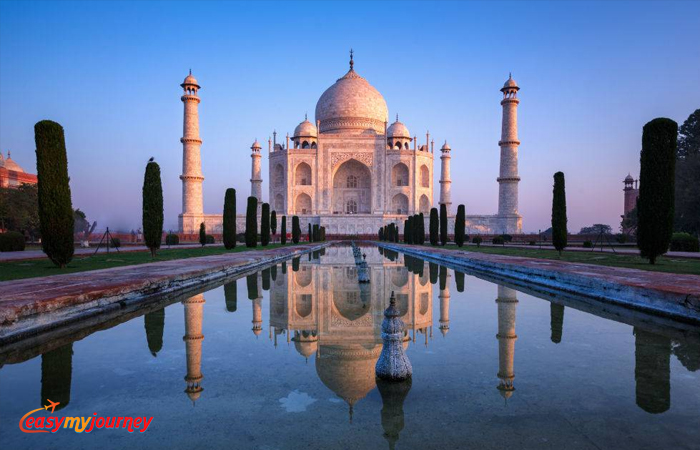Eid al-Fitr ("feast of breaking the fast") is an important religious holiday celebrated by Muslims worldwide that marks the end of Ramadan, the Islamic holy month of fasting (sawm). The religious Eid (Muslim religious festival) is the first and only day in the month of Shawwal during which Muslims are not permitted to fast. The holiday celebrates the conclusion of the 29 or 30 days of dawn-to-sunset fasting during the entire month of Ramadan. The day of Eid, therefore, falls on the first day of the month of Shawwal. The date for the start of any lunar Hijri month varies based on the observation of new moon by local religious authorities, so the exact day of celebration varies by locality.
Eid al-Fitr has a particular salat (Islamic prayer) consisting of two rakats (units) and generally offered in an open field or large hall. It may be performed only in congregation (Jama’at) and has an additional extra six Takbirs (raising of the hands to the ears while saying "Allahu Akbar", literally "God is the greatest"), three of them in the beginning of the first raka'ah and three of them just before ruku' in the second raka'ah in the Hanafi school of Sunni Islam. Other Sunni schools usually have twelve Takbirs, seven in the first, and five at the beginning of the second raka'ah. This Eid al-Fitr salat is, depending on which juristic opinion is followed, Fard, Mustahabb or Mandoob.
Muslims believe that they are commanded by God, as mentioned in the Quran, to continue their fast until the last day of Ramadan and pay the zakat and fitra before offering the Eid prayers.
Significance: It celebrates the conclusion of the holy month of fasting called Ramadan.
Key attractions: The beautifully decked up markets and mosques, the morning Eid namaz at the mosques, and the sweet dishes.
When: On the 1st day of the month of Shawwal of the lunar Hijri calendar, which corresponds to July of the Gregorian calendar
Where: Celebrated by Muslims all over the country
2017 dates: 26th June

